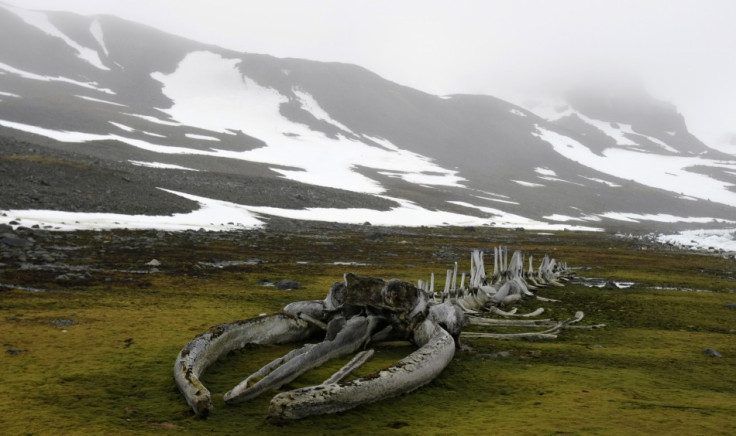Mercury Contributed to Mass Extinction: Scientists

Scientists at the Natural Resources Canada have discovered another reason for the Earth's greatest extinction that took place 250 million years ago during the Permian-Triassic period.
The Permian-Triassic period was much before the age of dinosaurs.
The scientists have found that mercury could also be a major reason for the extinction of all land and marine creatures. According them, the ocean was overloaded with mercury during the late Permian period that severely damaged the aquatic system which killed more than 95 percent of aquatic creatures.
Earlier, scientists believed that volcano eruption, which released lot of carbon dioxide, was the only major reason for the extinction of the Permian creatures. Permian creatures like Eryops, Diplocaulu, Aphaneramma, Scaphonyx, Edaphosaures, Moschops and Euparkeria were extinct after the great volcanic eruption.
"No one had ever looked to see if mercury was a potential culprit. This was a time of the greatest volcanic activity in Earth's history and we know today that the largest source of mercury comes from volcanic eruptions," ScienceDaily quoted Steve Grasby, a scientist at Natural Resources in Canada and co-author of the study, as saying.
"We estimate that the mercury released then could have been up to 30 times greater than today's volcanic activity, making the event truly catastrophic," he said.
"Geologists, including myself should be taking notes and taking another look at the other five big extinction events," he said.
"Typically, algae acts like a scavenger and buries the mercury in the sediment, mitigating the effect in the oceans," said Hamed Sanei, another scientist at Natural Resources Canada. "But in this case, the load was just so huge that it could not stop the damage."
"The story is one of recovery as well," he said.
"After the system was overloaded and most of life was destroyed, the oceans were still able to self clean and we were able to move on to the next phase of life," he added.
© Copyright IBTimes 2024. All rights reserved.





